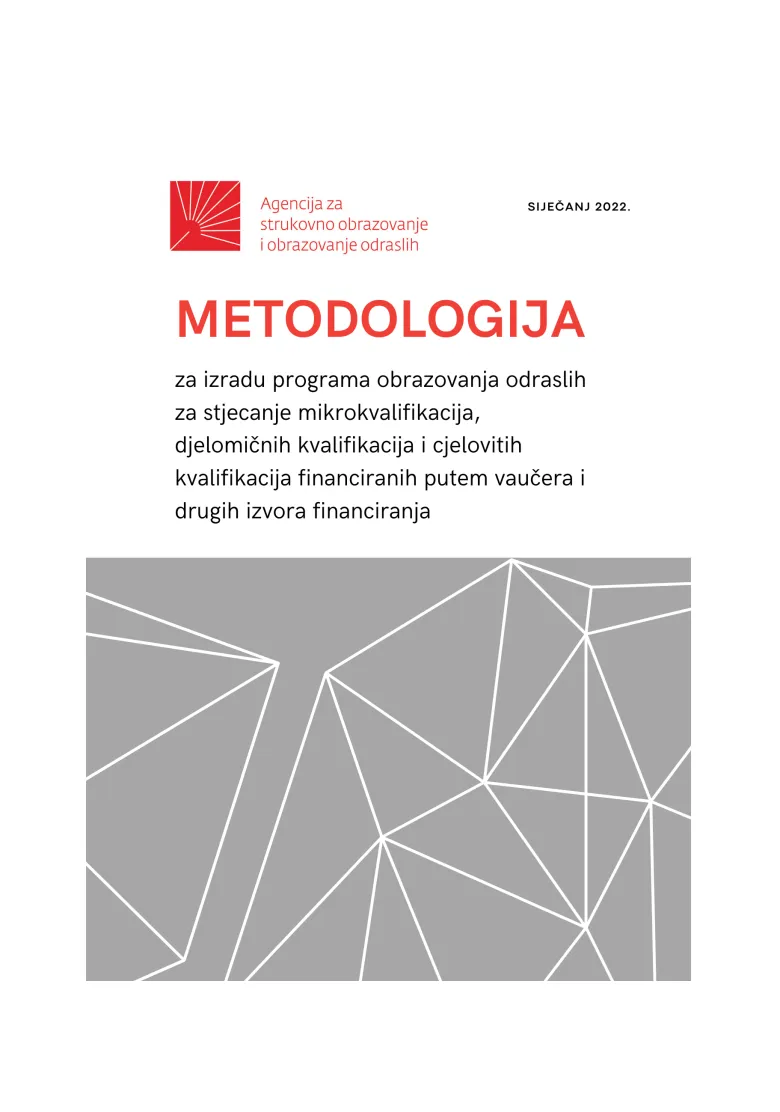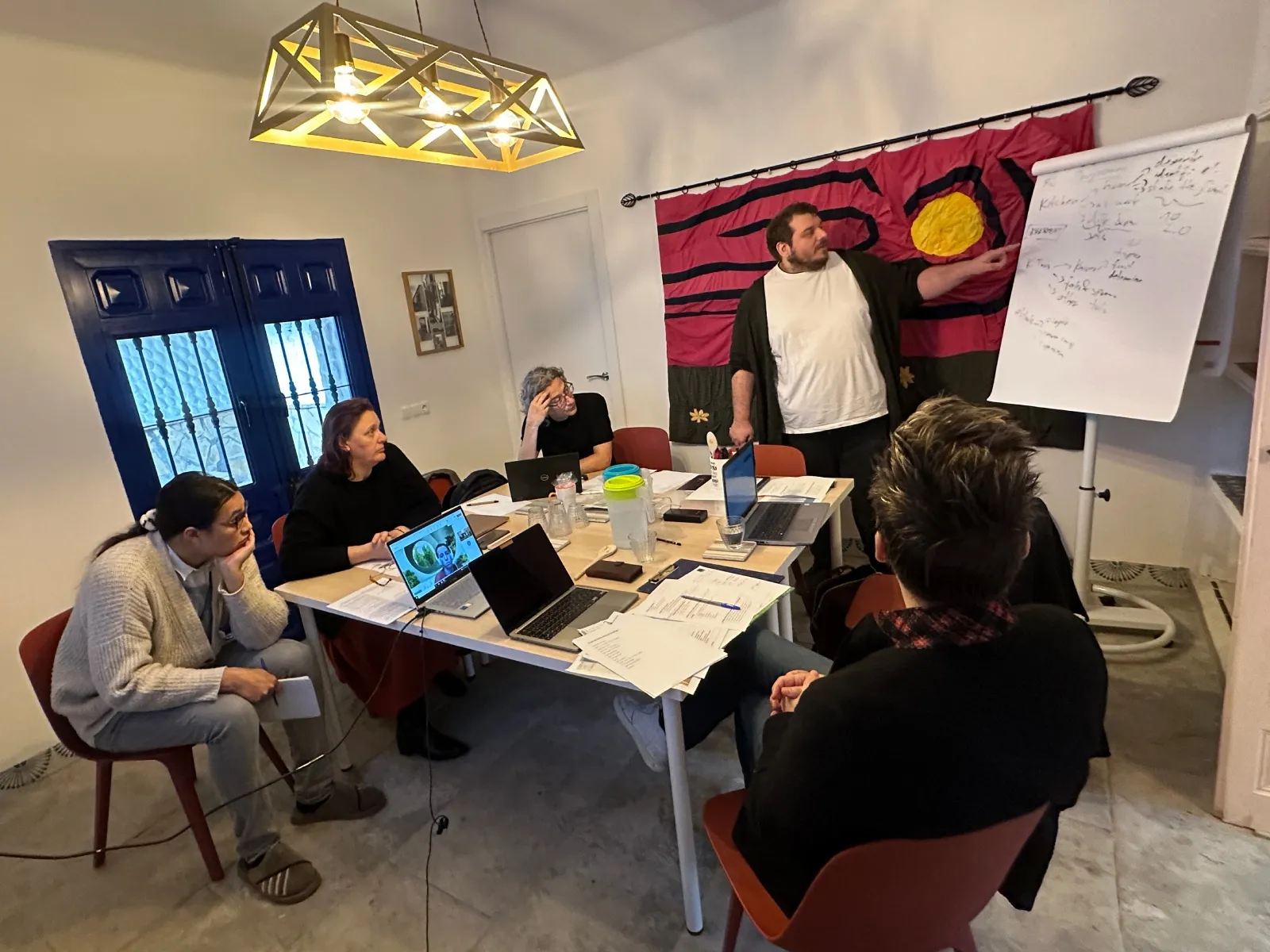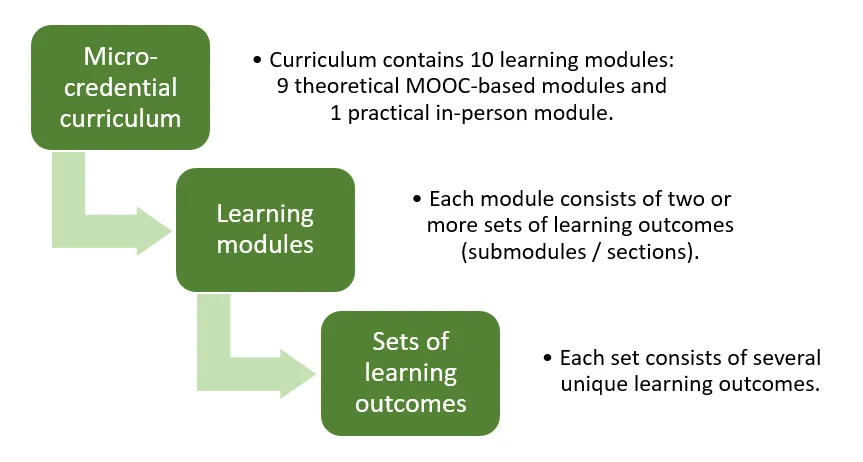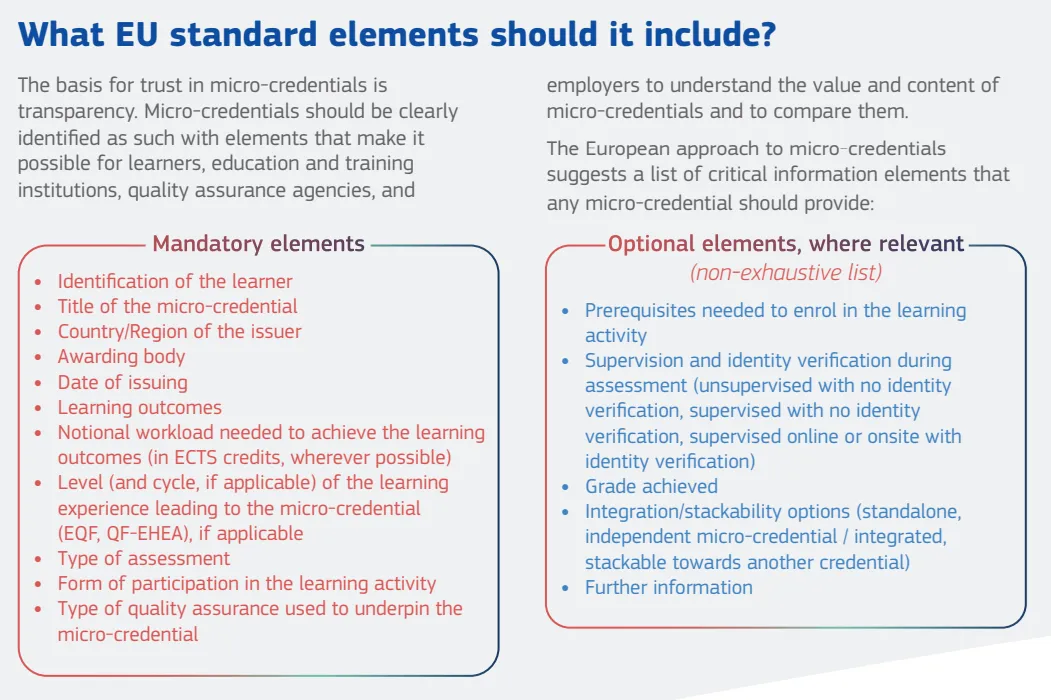MC Chef: Applying Micro-Credentials on a Trans-European Level
The European landscape for adult education is evolving rapidly, marked by shifting labour market demands, digital and green transitions, and the imperative of lifelong learning. In this context, micro-credentials have emerged as a vital tool – offering concise, targeted, and flexible learning opportunities that enable adults to upskill or reskill in response to sectoral needs and personal aspirations. Within the adult education community, there is growing recognition that micro-credentials can bridge the gap between formal qualification pathways and the real-world competencies demanded by employers.
Croatia’s response to this challenge has been both strategic and systematic. Through the development of the national Methodology for Developing Adult Education Programmes for Obtaining Micro-credentials, Partial Qualifications, and Full Qualifications by Croatian Agency for Vocational Education and Training and Adult Education (ASOO), Croatia positioned itself at the forefront of modular, outcomes-based adult education. Pučko otvoreno učilište Čakovec (Public Open University Čakovec) utilizes this methodology to form the backbone of the Erasmus+ MC Chef project – a European partnership dedicated to creating a micro-credential in basic cooking skills for the gastronomy sector. The project demonstrates how national expertise in adult learning can be leveraged, expanded, and harmonised at the European level through Erasmus+ cooperation.

The ASOO Methodology: A Blueprint for Adult Education Micro-credentials
The ASOO methodology, introduced in 2022, provides a comprehensive framework for designing adult education programmes in Croatia. Rooted in the Croatian Qualifications Framework (HKO) and aligned with the European Qualifications Framework (EQF), it ensures that adult education – whether short-term or long-term – is transparent, quality-assured, and responsive to both individual and labour market needs.
At the heart of the methodology lies the concept of modularity: educational programmes are constructed from sets of learning outcomes that correspond directly to occupational standards. For micro-credentials, this means that each offering is a coherent, credit-bearing unit – targeting a specific area of competence and mapped to a defined HKO/EQF level. The approach guarantees that learning is both flexible (learners can stack and combine micro-credentials according to their needs) and relevant (each micro-credential is justified by tangible demand in the world of work).
The ASOO framework also places strong emphasis on labour market relevance and quality assurance. Every new adult education programme must be justified by labour market analysis and linked to real occupational standards, ensuring that learning outcomes reflect actual employer expectations. Quality assurance is embedded at every stage, from curriculum design to teacher qualifications and assessment methods. This system allows for ongoing evaluation, revision, and recognition of learning achievements – hallmarks of a mature and modern adult education system.
Importantly, the introduction of micro-credentials through ASOO is not an isolated national initiative. It aligns with European Union strategies such as the European Skills Agenda and the Council Recommendation on a European Approach to Micro-credentials for Lifelong Learning and Employability. In this way, Croatia’s ASOO methodology serves as both a national blueprint and a bridge to European standards, allowing Croatian adult learners to benefit from internationally recognised, portable certifications.

The MC Chef Project: Bringing Micro-credentials across the EU Member States
The MC Chef project – Microcredential Kitchen Basics for Gastronomy – represents a direct application of the ASOO methodology in an international context. Funded by Erasmus+, the project brings together partners from Austria (KAOS Bildungsservice gGmbH – Applicant), Croatia (Pučko otvoreno učilište Čakovec), and Spain (Consultoría de Innovación Social and Maude Studio S.L.), each contributing unique expertise in adult learning, vocational training, digital content, and sectoral insight.
At its core, MC Chef seeks to address a pressing need: the shortage of skilled entry-level staff in the European hospitality and gastronomy sector. The project’s objective is to create a modular, accessible micro-credential that can rapidly equip adult learners with fundamental kitchen skills – making them immediately employable and opening pathways for further professional advancement. This micro-credential curriculum is carefully designed in line with the ASOO methodology, adapting to the European context and ensuring that all content, learning outcomes, credit allocation (8 ECTS), and assessment strategies meet the European standards.
The curriculum itself is a blended model, combining 150 hours of online theoretical instruction (delivered through a forthcoming MOOC) with 50 hours of hands-on, practical training in professional kitchen settings. Ten structured modules guide learners through key topics such as kitchen safety, basic kitchenware, ingredient handling, cooking procedures, sustainability, and European cuisine, culminating in a practical assessment where learners demonstrate the integration of their skills. The learning outcomes are defined in a way that allows adult learners – regardless of prior formal education – to access, progress, and have their achievements recognised both nationally and across borders.

Key Lessons for Adult Education Practice
Several key lessons for the adult learning community emerge from the experiences of creating the MC Chef micro-credential curriculum:
- Strong national foundations enable European innovation: Having a robust, outcomes-based methodology such as ASOO’s significantly accelerates the process of developing and piloting micro-credentials at an international level. National experience provides the structure and quality assurance mechanisms that can be extended and adapted through European cooperation.
- Labour market relevance is essential: The value of micro-credentials in adult education rests on their clear alignment with labour market needs. Involving employers, industry bodies, and vocational experts in curriculum development ensures that adult learners gain competencies that are immediately useful and valued in the workplace.
- European alignment enhances recognition and mobility: Adhering to the principles of the European Qualification Framework (EQF), European Credit Transfer and Accumulation System (ECTS) or European Credit System for Vocational Education and Training (ECVET), European Skills, Competences, Qualifications and Occupations (ESCO) framework, and the Council Recommendation on micro-credentials means that learning achievements are more likely to be recognised across borders, supporting both mobility and progression for adult learners.
- Quality assurance underpins trust: Embedding quality control measures – such as clear entry and exit criteria, well-defined assessment strategies, and independent evaluation – enhances the credibility and impact of micro-credentials for adult education providers, learners, and employers alike.
- Transnational cooperation enriches practice: Collaborative development across countries brings new perspectives, innovative solutions, and wider applicability. Projects such as MC Chef benefit not only from exchanging expertise but also from creating scalable and replicable models for adult education throughout Europe.

Next Steps: From Curriculum to Practice
While the MC Chef curriculum represents a substantial achievement, it is only the first step. The next phase of the project involves the creation of a comprehensive MOOC – making the theoretical components of the micro-credential accessible online – and the piloting and testing of the curriculum in real adult learning environments across Austria, Croatia, and Spain. This piloting phase will engage adult learners and trainers, collect feedback, and provide data for further refinement of both content and delivery methods.
Through this iterative process, the partnership aims to establish a robust, quality-assured micro-credential model that is both scalable and transferable. The intention is to provide a template for other adult education providers across Europe, demonstrating how national methodologies and Erasmus+ cooperation can lead to innovative, impactful solutions for adult learners.
The MC Chef curriculum will be publicly available in later this year on the official project website.

This publication [communication] reflects the views only of the author, and the Commission cannot be held responsible for any use which may be made of the information contained therein.
